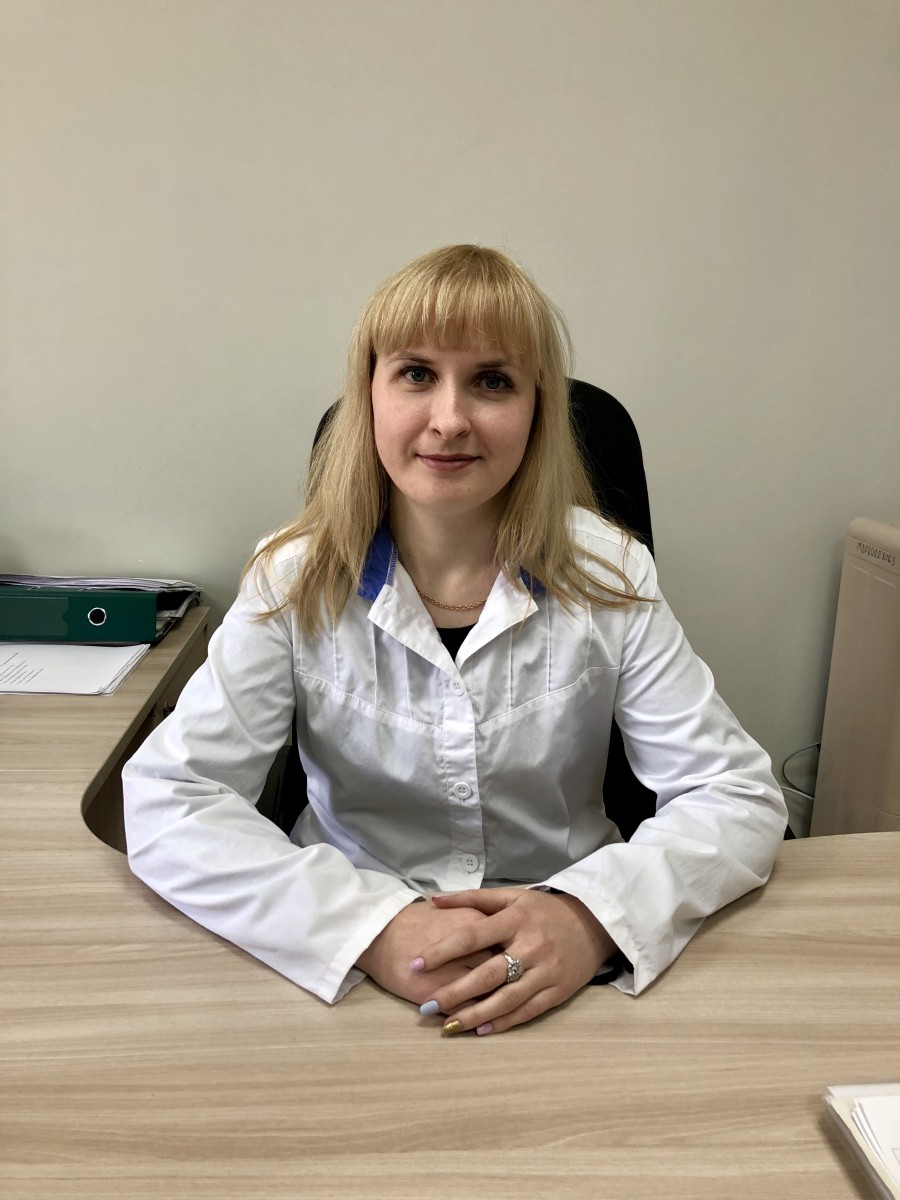


FEDERAL STATE BUDGETARY INSTITUTION "CENTRAL
SCIENTIFIC AND METHODICAL VETERINARY LABORATORY "
- Main
- About us
- Historical background
- Manager Team
- Organizational structure
- Moscow Testing Laboratory
- Tula Testing Laboratory
- Oryol Testing Laboratory
- Lipetsk Testing Laboratory
- Samara Testing Laboratory
- Chelyabinsk Testing Laboratory
- Phytosanitary Testing Laboratory
- Feedback
- Novosibirsk Testing Laboratory
- Altai Testing Laboratory
- FAQ
- Vacancy
- Tyumen Phytosanitary Testing Laboratory
- Our services
- Price list
- Documents
- Contacts
- Virtual tour
 Stradman Oksana Vladimirovna - The Head of Food Microbiology and Veterinary-Sanitary Inspection Department Stradman Oksana Vladimirovna - The Head of Food Microbiology and Veterinary-Sanitary Inspection Department
Education: higher vocational Graduated from the Moscow State Academy of Veterinary Medicine and Biotechnology named after KI. Scriabin "in 2008 Qualification: veterinarian Specialty: Veterinary Medicine |
Specialists: The department has 6 people who have a higher professional veterinary education, who have gained the invaluable experience of their predecessors. They constantly improve and confirm the level of their qualifications. Competence of specialists is annually confirmed when passing interlaboratory comparison tests.
The department annually carries out state mission plans and monitoring the quality and safety of food products in the Russian Federation.
The main activities of the department:
- conducting laboratory studies aimed at assessing the quality and safety of products of animal and vegetable origin and veterinary and sanitary examination of products of slaughter, fish, in accordance with the requirements established in the regulatory documentation;
- research of swabs from various objects of enterprises of public and industrial use (walls of premises, refrigerated rooms, hands and personnel’s clothing, equipment and other objects) according to sanitary and zoo-hygienic indicators;
- Conducting microbiological studies of centralized and decentralized water supply;
- provision of methodological and advisory assistance to veterinary laboratories, representatives of the state veterinary service and other structures on issues of quality control and safety of raw materials and products of animal origin;
- preparation of control samples for interlaboratory comparison tests and for the purpose of certification of specialists of laboratories of the Russian Federation at various levels;
- conducting training courses and internships for specialists of veterinary laboratories of the Russian Federation, on laboratory quality control and safety of raw materials and products of animal origin.
The department is equipped with the latest generation equipment. Express methods for the study of food products and environmental objects provide reliable results in the shortest possible time. So an accelerated method for determining pathogens, incl. Salmonella and Listeria are performed on modern mini Vidas and Vidas immunoassay analyzers. Express method for determining and counting QMA&OAMO Coliform bacterias, S.aureus on the automatic analyzer TEMPO. The identification of microorganisms is performed using the Vitek 2 Compact biochemical analyzer. We also use the latest chromogenic nutrient media, modern serums, diagnostic products and test systems such as Api and Singlepath.
Food research is conducted on the following indicators:
- QMA&OAMO
- Coliform bacterias (coliforms)
- pathogenic, incl. salmonella
- Listeria monocytogenes
- S. aureus
- sulfite-reducing clostridia
- E.coli
- bacteria of the genus Proteus
- bacteria of the genus Enterococcus
- Vibrio parahaemolyticus
- Pseudomonas aeruginosa
- yeast and mold
- lactic acid microorganisms
- bifidobacteria
- the content of somatic cells
- inhibitory substances
- industrial sterility of canned food
Water researches are conducted on the following indicators:
- total microbial count (TMC)
- common coliform bacteria (CCB)
- thermotolerant coliform bacteria (TCB)
- spores of sulfite-reducing clostridia
The researches of washes is carried out according to the following indicators:
- General bacterial contamination (QMA&OAMO)
- Coliform bacterias
- S. aureus
- pathogenic, incl. salmonella
- mold fungi
In order to minimize risks for the manufacturer, control of washes is a tool for the timely detection of potentially dangerous factors in production and / or during the sale of food products, violations by personnel and their early prevention. Thus, the ultimate goal of controlling swabs is to prevent consumer food poisoning.


